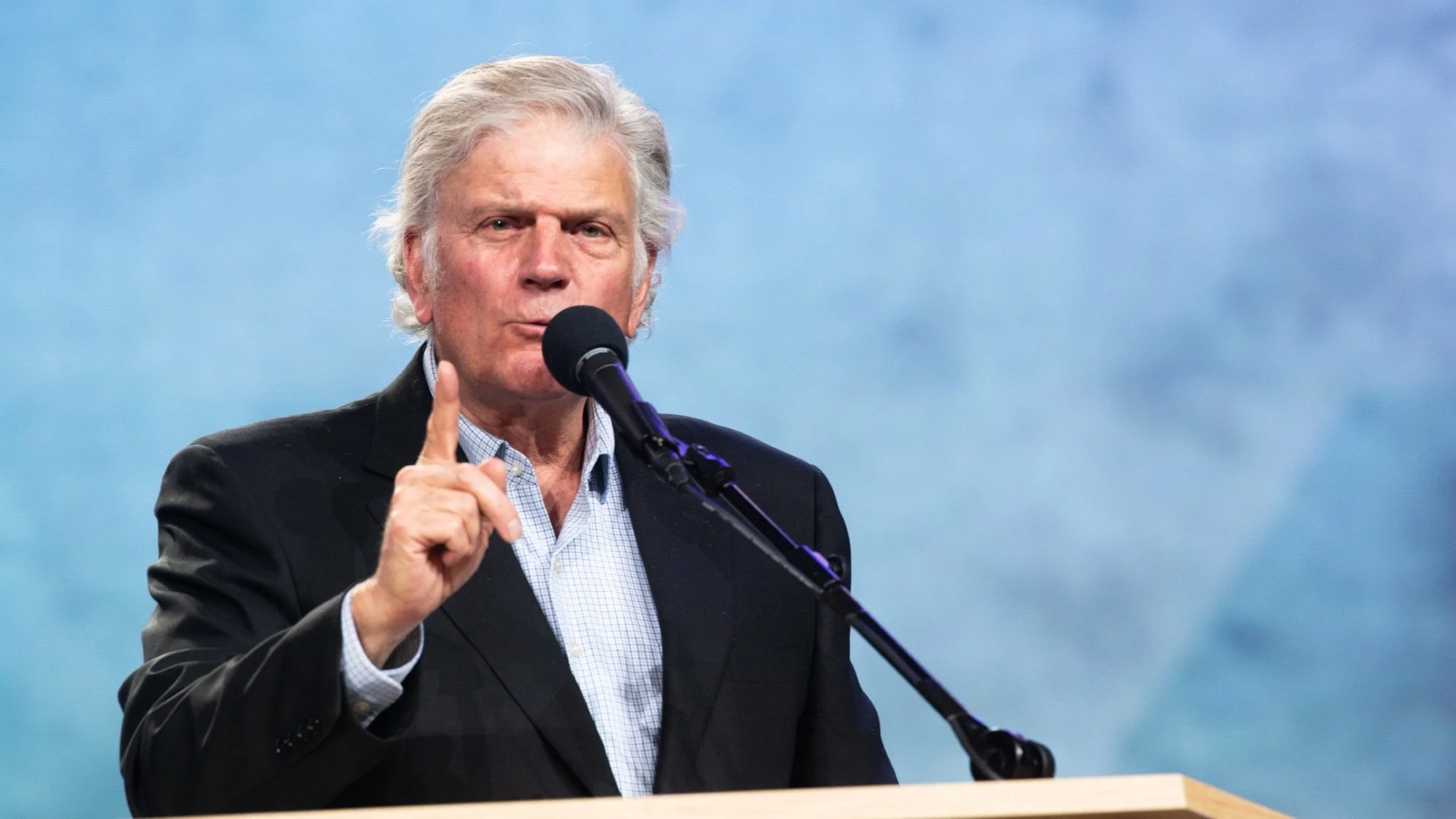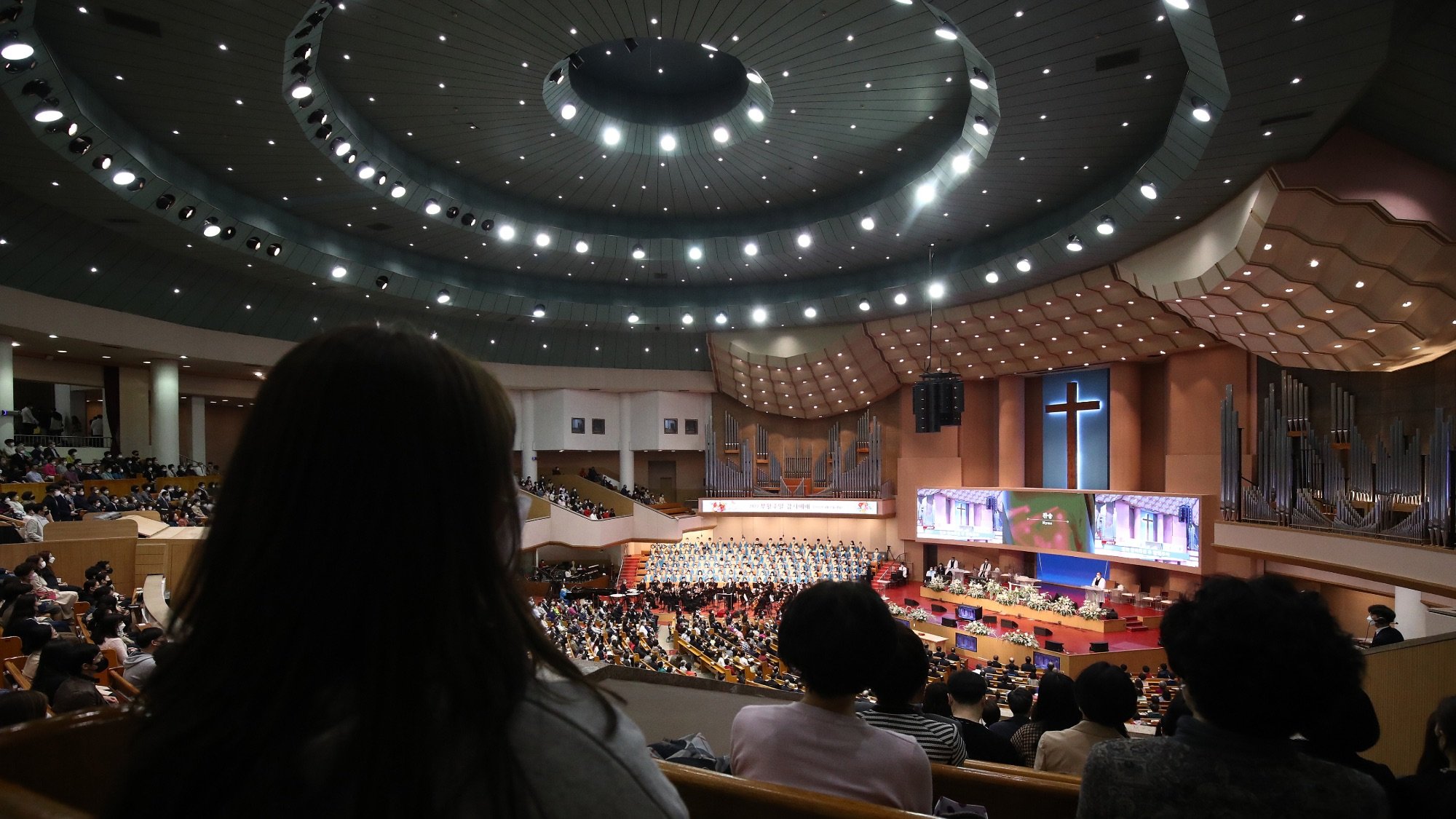When Fabian Beck volunteered to help with the children’s ministry at his small, evangelical church on the outskirts of Hanover, the largest city in the German state of Lower Saxony, he imagined he’d be singing songs, telling Bible stories or doing puppet shows.
He did not expect to be talking about sex.
But, as he prepared to join the team, he came across resources provided by the Federation of Free Evangelical Churches (BFeG) on the subject of violence against children and adolescents in the context of Christian communities like his own.
“Believers have to face the fact that our congregations are not safe just because they are full of Christians,” Beck said, “safe places for kids don’t come naturally and too often, we don’t know what we don’t know.”
Andreas Schlueter, the BFeG’s Federal Secretary for the Young Generation, said the program Beck discovered — known as “Protect and Accompany” — is part a much larger trend among free evangelical churches organizing against abuse, developing programs to face the reality of violence against children and adolescents, and seeking to prevent it from happening in the future.
“On the one hand, free evangelical congregations should be, or become, safe places for children and young people,” he said, but on the other hand, churches have to make intentional choices to make them safe.
In recent years, child sex abuse cases have been extensively reported across multiple Roman Catholic dioceses in Europe. Spurred by these revelations, Catholic initiatives in France and Portugal, Germany and Italy, have aimed at preventing and addressing abuse, with Pope Francis removing the applicability of pontifical secrecy in cases involving the mistreatment of minors or other vulnerable persons in December 2019.
Myriam Letzel, coordinator for the French organization Stop Abus, said that the Catholic Church in France’s groundbreaking investigations (the so-called “Sauvé report”) into clerical abuse not only highlighted the systemic nature of sexual violence, but put evangelicals on notice about dynamics in their churches that might also lead to inappropriate and illegal behavior. Not only that, but broader cultural conversations around #ChurchToo and revelations of widespread abuse among Southern Baptists in the U.S. have led European evangelicals to reckon with the fact their churches are not immune.
“We have to question ourselves on the theological bases which have, in the past, favored inappropriate sexual behavior: A misunderstanding of the relationship between men and women and a distorted relationship to sexuality.”
That is why, in September 2022, the National Council of Evangelicals of France (CNEF) started a listening service called Stop Abus to help its members remain vigilant in the fight against sexual violence. The service includes a commission of ten experts in the fields of social work, psychology, medicine, law, and pastoral care. There is also a team of 35 “listeners,” Letzel said, spread across France who connect with people who call their service. In its first six months, Stop Abus received 15 disclosures that are now being processed.
Letzel said this is just the first step. “What was happening elsewhere served as a warning: We could not pretend that such things did not exist in evangelical protestant churches, and above all we did not want to pretend that they did not exist,” she said, “on the contrary, the mission entrusted to us by Christ obliges us: as Christians we have a duty to be exemplary in our conduct and in our way of caring for the most vulnerable.”
Other evangelical groups in Europe have launched their own efforts too.





















